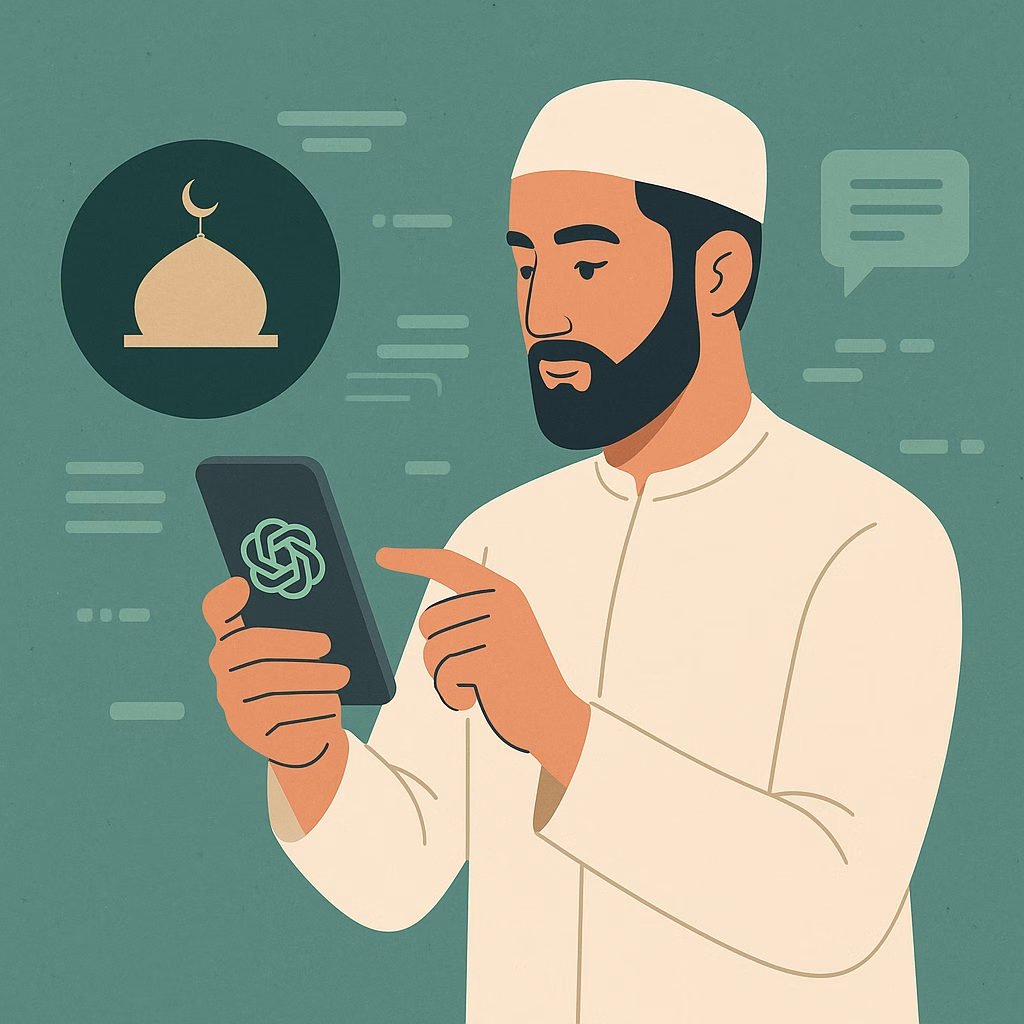Should Muslims celebrate New Year?
Should Muslims Celebrate New Year? When the world welcomes New Year with fireworks, parties, countdowns and celebrations, a Muslim’s heart reacts differently. Islam teaches us that the passing of time…

Articles, News,Podcast and videos
Should Muslims Celebrate New Year? When the world welcomes New Year with fireworks, parties, countdowns and celebrations, a Muslim’s heart reacts differently. Islam teaches us that the passing of time…

Becoming Close to Allah: How Strengthening Faith Can Transform Our Lives IntroductionEvery believer has a deep desire to feel closer to Allah ﷻ — to feel peace in the heart,…

Introducing the Islam Media Central App — A New Way to Learn, Engage and Grow In today’s fast–moving digital world, the need for reliable, authentic and engaging Islamic content has…

Title: The Digital Double-Edged Sword: The Pros, Cons, and Islamic Duty of Protecting Our Kids from Mobile Phones In today’s world, the question isn’t if our children will use a…

Your Digital Dawah: Using Social Media to Share the Beauty of Islam In today’s hyper-connected world, our lives are intricately woven with social media. Our feeds are a constant stream…

The Hadith: The World is a Prison for the Believer The Prophet Muhammad (peace be upon him) said: عَنْ أَبِي هُرَيْرَةَ قَالَ قَالَ رَسُولُ اللَّهِ صَلَّى اللَّهُ عَلَيْهِ وَسَلَّمَ الدُّنْيَا…

Harnessing ChatGPT for Islamic Knowledge Today: Pros and Cons In the ever-evolving digital age, artificial intelligence (AI) like ChatGPT is transforming how we access Islamic knowledge, study religion, and enhance…

In the name of Allah, the Most Merciful, the Most Compassionate. In our digital age, social media is everywhere. It’s in our homes, our pockets, even our masjids. It influences…
